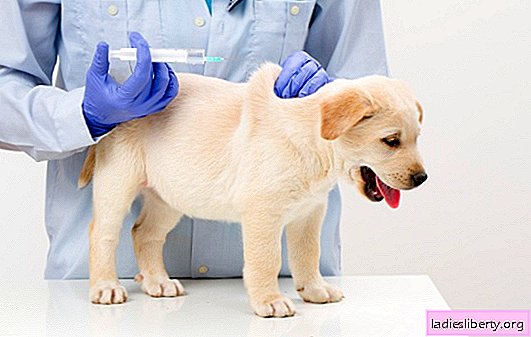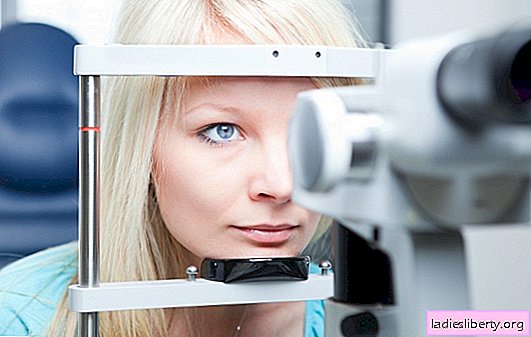
If multivitamin supplements are taken in the early stages of pregnancy, the risk of autism is significantly reduced. The results of the study were published in the British Medical Journal. Although the evidence is not yet clear, experiments in this area are ongoing.
What conclusions were obtained during the study?
The number of people with autism has been steadily increasing over the years. In the UK, autism affects 1% of the population. In the US, autism affects 2 to 3% of children. It is believed that the disease develops in the womb. However, diet during pregnancy may have some effect on the risk of autism.
An international team of researchers recently examined whether dietary supplements during pregnancy can affect autism risk.
To this end, data from more than 273,000 mothers from Stockholm / Sweden were analyzed using 3 different methods. The children were from 4 to 15 years old, and they were born between 1996 and 2007.
It was found that taking multivitamin preparations was associated with a reduced risk of autism. Since different methods of analysis were used, and all of them led to the same result, scientists excluded possible distorting factors.
The most effective vitamin
Folic acid is usually taken by pregnant women to prevent open back (spina bifida). However, very little is known about the risk of autism. Folic acid - a vitamin from group B - can only act prophylactically if taken 4 weeks before conception and after 8 weeks of pregnancy. Subsequent consumption no longer has a preventive effect on the child.
The doctor usually prescribes drugs containing 400 to 600 micrograms of folic acid. The dosage does not exceed the recommended daily intake. However, folic acid, apparently, is not only able to protect the fetus from open back syndrome, but also has a positive effect on the risk of autism.
A 2016 study showed that autistic children who had a high dose of folic acid for 12 weeks were less likely to suffer from serious complications. However, folic acid therapy was only effective in children who had antibodies to the folic acid receptor. This means that folic acid is certainly not a cure for every autistic child.
Folic acid compensates for the increased risk of autism when exposed to pesticides
In September 2017, scientists announced at the University of California at the journal Environmental Health Outlook that folic acid reduces the risk of autism. Thus, they confirmed the results of the 2013 Norwegian study.
The protective effect of autism in the prevention of folic acid was found even in a certain group of women. Most often, folic acid helps those women who are exposed to pesticides during pregnancy. If a woman lives in an agricultural region, the preventive effect is stronger.
If women are often exposed to pesticides during pregnancy, they know that their risk of having an autistic baby increases. Obviously, taking folic acid can also prevent autism caused by pesticides.
A California study found that children of mothers who took 800 micrograms of folic acid daily were less likely to have autism. Expectant mothers should try to avoid pesticides. However, if contact with agricultural poisons is unavoidable, folic acid may be the solution to actively reduce the risk of autism.
What is the best way to take folic acid?
Doctors recommend taking a folic acid preparation before conception and during the first trimester of pregnancy. From the fourth month of pregnancy, high doses of folic acid should not be taken. Instead, you must rely solely on the natural level of folic acid in your diet.
To further reduce the risk of developing autism in the baby, as little medicine as possible should be taken during pregnancy. Antidepressants, paracetamol, or even asthma medications are associated with a risk of having an autistic baby.











